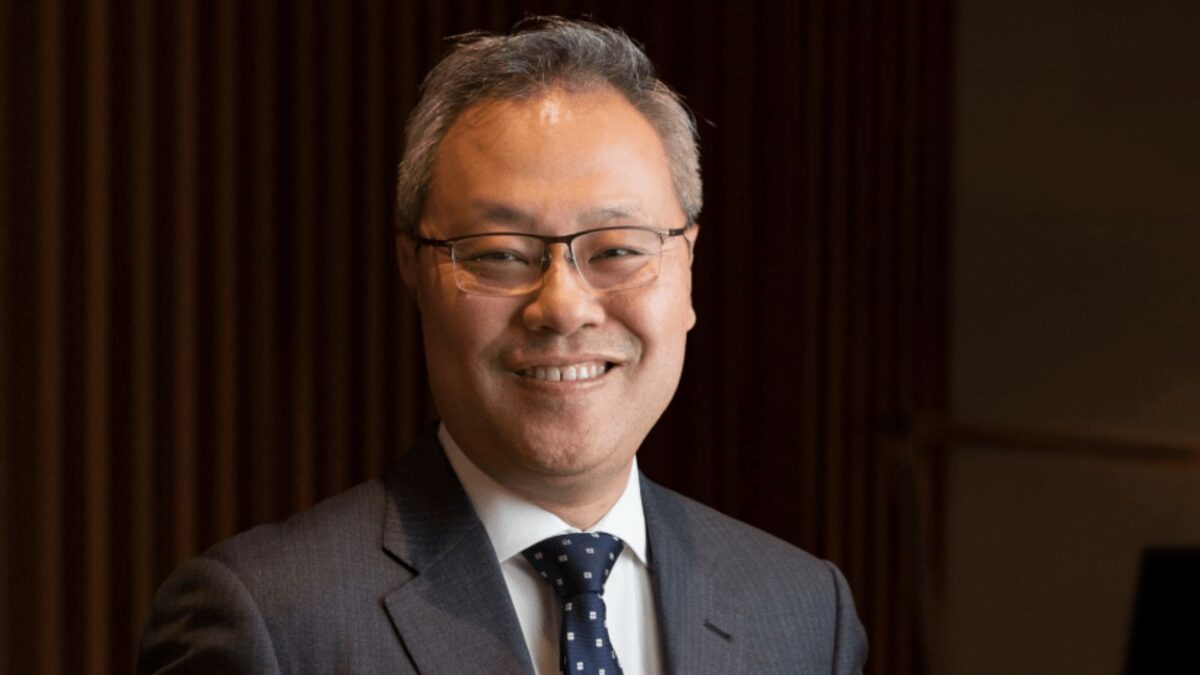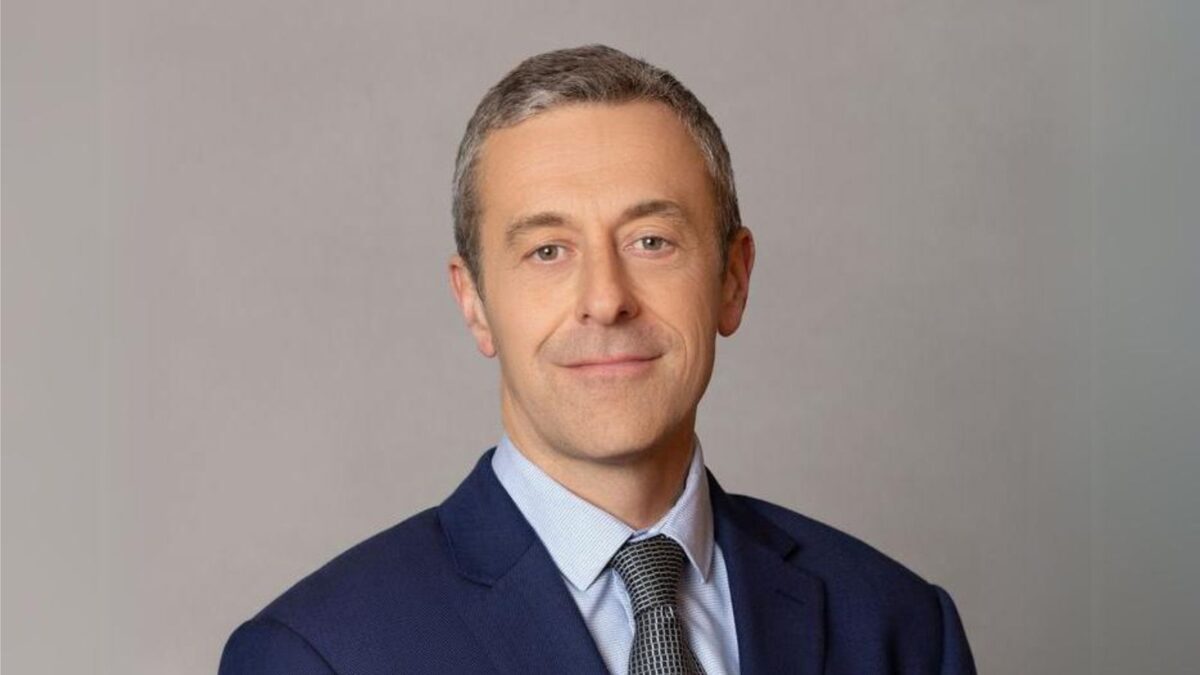Private debt suits the tough times ahead
Private debt investing is not exactly new. It is, however, enjoying a renaissance around the world as market conditions and the changing appetites of institutional investors have combined to focus attention on the alternative asset class.
Interest rates are rising, valuations are stretched and the demographic shift to retirement is demanding yield-providing investments as well as capital protection. And then there’s the concern that private equity managers seem to charge a lot for their services.
In Australia last week to talk with clients, US specialist manager CarVal Investors’ Jody Gunderson and Gareth Edwards said that the “mindset” of the private debt investor suited the times. That mindset, unlike for managers of private equity, targets capital protection first and outsized absolute returns second.
CarVal Investors has about US$10 billion under management specialising in distressed debt and “credit intensive” assets and market inefficiencies. It has been doing this since 1987 but became an independent subsidiary of the family-owned Cargill agricultural group in 2006, which has allowed the firm more freedom to expand its operations, particularly internationally. It now has 155 employees in offices in London, Singapore, Luxembourg and New York, as well as the group’s head office in Minnetonka, Minnesota.
Gunderson, a managing principal and investment committee member at CarVal, said: “Private debt strategies have a different profile. Our focus is on debt positions which are secure4d against a hard asset, which makes the investment principal protected.”
The managers look at a range of possible outcomes for each debt investment, which will typically have a base-case return of about 12-13 per cent in current conditions. This can rise to the “upper teens” in certain scenarios, but probably not much higher. What is highly unlikely, though, with private debt is for the investment to go to zero if everything goes pear shaped. The portfolio is asymmetric to the upside.
Another driver of private debt is that since the increased global regulations were imposed on big banks post-GFC, those banks have vacated or reduced their exposures to some areas of the lending market, such as corporates.
“There are a lot of assets [loans] that the banks are selling, whether in the US or in Europe, which are relatively high quality. They just happen to be non-core,” Gunderson said.
“We’re a buyer in a market which is overwhelmed by sellers,” Edwards, the CarVal managing director in charge of EMEA, said.
CarVal is putting an increased focus on emerging markets, and Asia, because of the “end of the commodities super cycle”. In Asia, the firm is stepping up its activities because of a big increase in credit issuance, a large number of “fallen angels” and companies which need to restructure their balance sheets.
In Australia, CarVal is represented by fund manager and distributor Principle Advisory Services.









